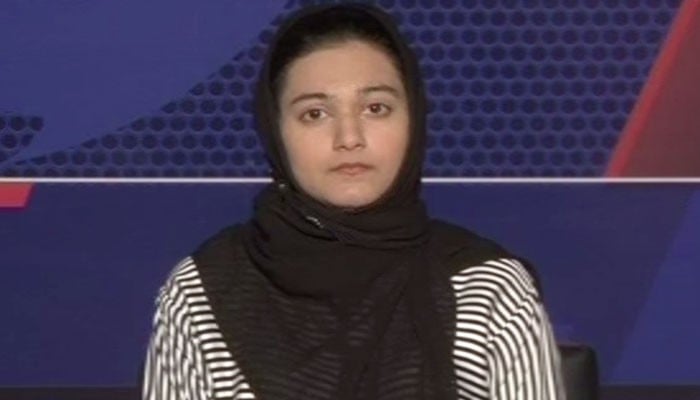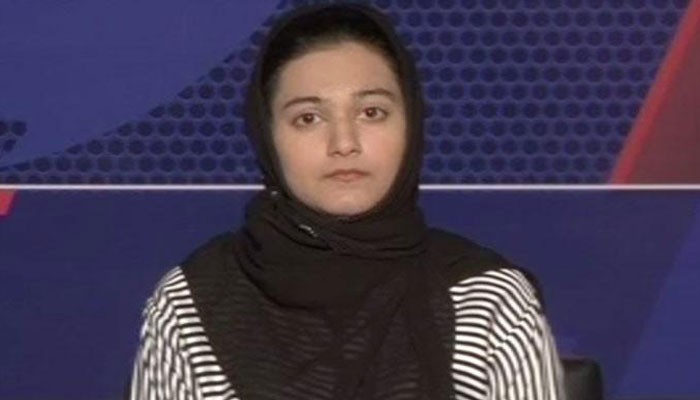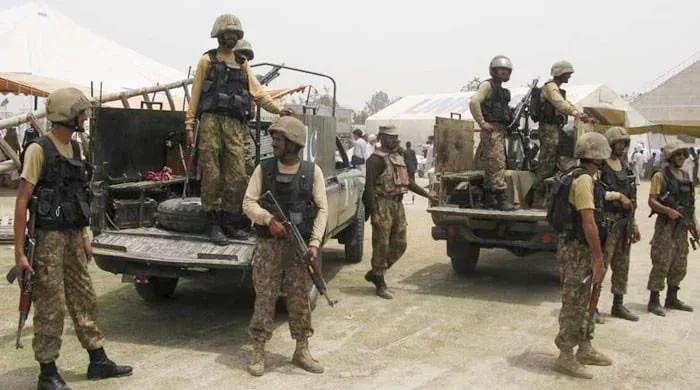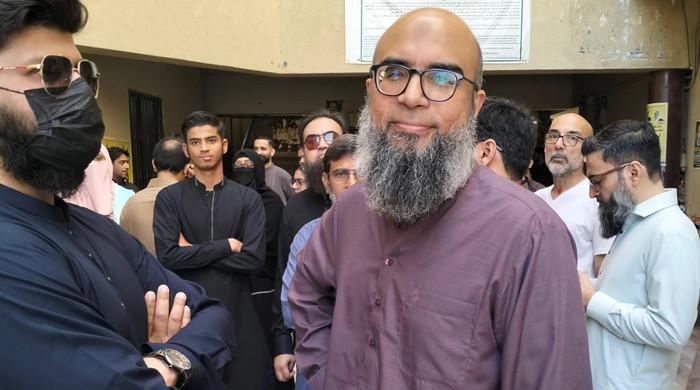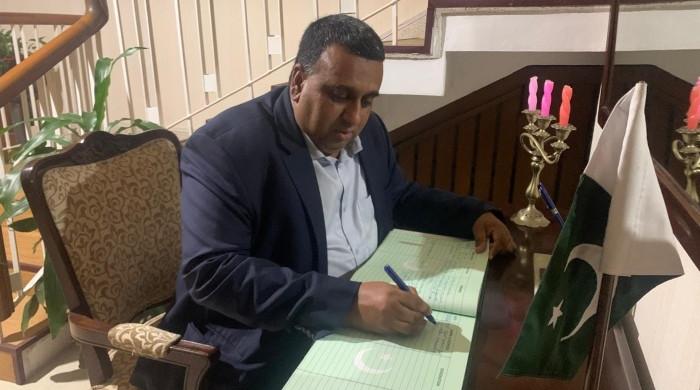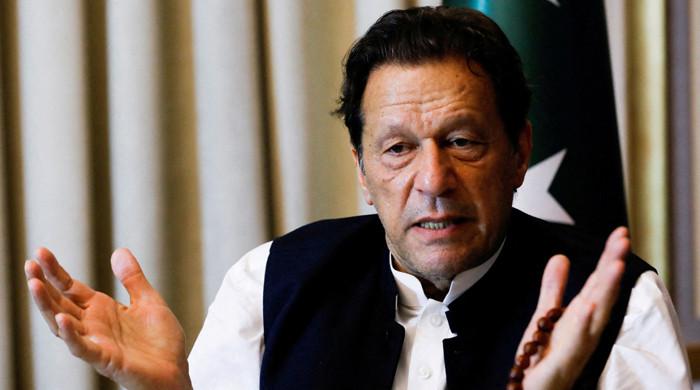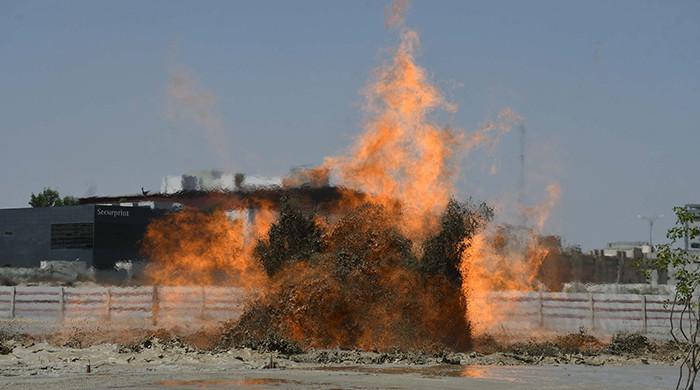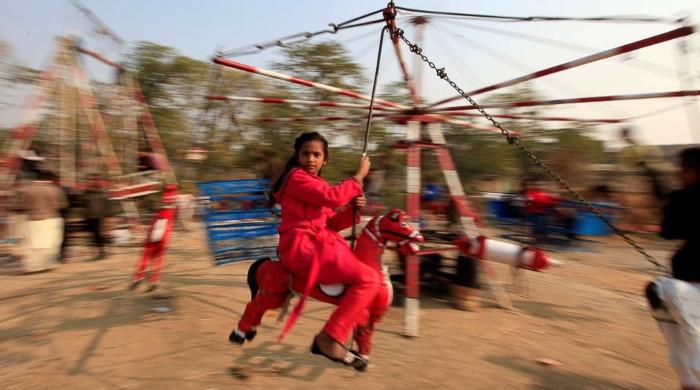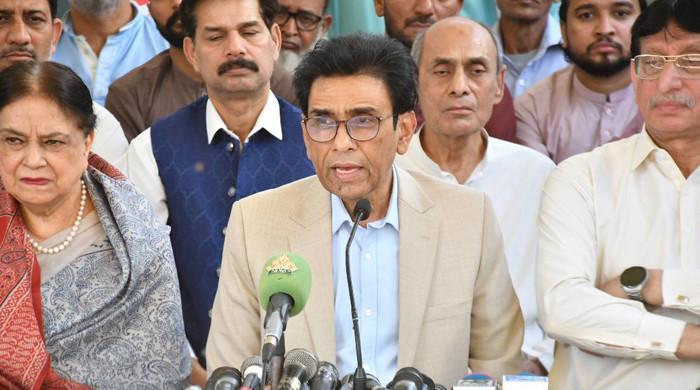Khadija Siddiqui`s DNA report presented in court
Niazi said that if her client did not get justice from this court, the counsel would appeal in higher courts
July 27, 2017
LAHORE: The DNA report in the stabbing case of Khadija Siddiqui was submitted in court on Thursday. The report states that the blood found on the helmet of Shah Hussain (the man accused of stabbing Khadija) belongs to the victim. Hair samples also found in the helmet belong to the accused.
“Our arguments have been completed. We request the court to include the DNA report on grounds of ensuring a fair trial,” said Khadija's counsel Barrister Hassan Niazi, further adding, “the opposing lawyers have shamelessly stooped low. They have indulged in character assassination of Khadija and now they are changing their statements as first they said that their client was not involved – now they are saying that no such incident happened.”
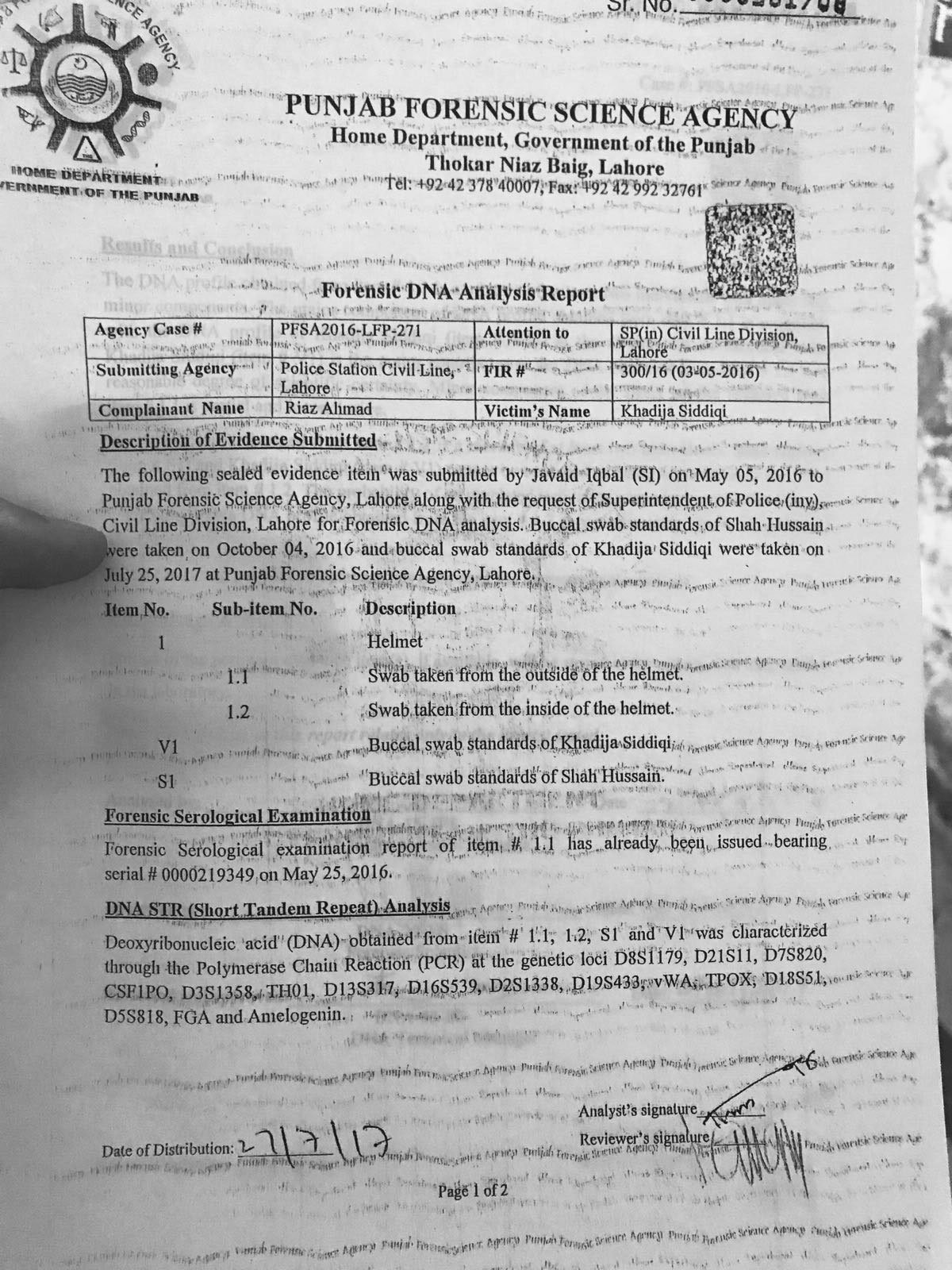
Niazi said that if her client did not get justice from this court, the counsel would appeal in higher courts, however, he added that the counsel is disheartened to see that the Chief Justice of Pakistan didn’t take notice of the case.
He said that her client has around 60 stitches on her neck due to the murder attempt by Hussain.
On May 3, 2016, Khadija was allegedly stabbed 23 times by Shah Hussain in Lahore.
Over a year since the horrific incident, Khadija still awaits justice and appeals to society to raise its voice for her.
Khadija' attacker, Shah Hussain stabbed her repeatedly on Lahore's Davis Road. He managed to flee from the scene of the crime but was captured on a mobile camera by an eyewitness.
A few days later, Khadija identified her attacker and got him booked on charges of attempted murder. Ironically, Khadija's younger sister, whom she had gone to pick from school, was also there when she came under the brutal attack and witnessed the entire episode.
She was somehow saved by her driver, who tried to take control of the attacker, forcing him to flee from the scene.
The attack was witnessed by hundreds of people in front of a hotel on Davis Road.
After the registration of a case, the accused, Shah Hussain, requested a sessions court for bail before arrest, which was turned down. Hussain, whose father happens to be a renowned lawyer, was aided by a number of other lawyers to flee from court premises after his request was turned down.
In September 2016, Hussain's lawyer once again challenged the sessions court verdict in the Lahore High Court, but the court maintained the earlier verdict.
Three days later the accused surrendered himself to police and was sent to prison. He remained behind bars for nearly two months and was subsequently released on December 1, 2016, after the sessions court granted him bail.
Khadija filed an appeal against the court's decision, but it was dismissed.
